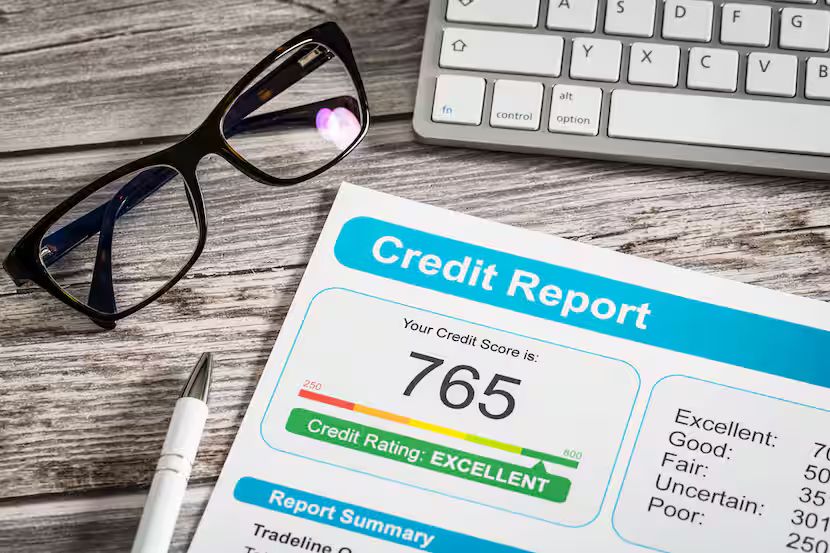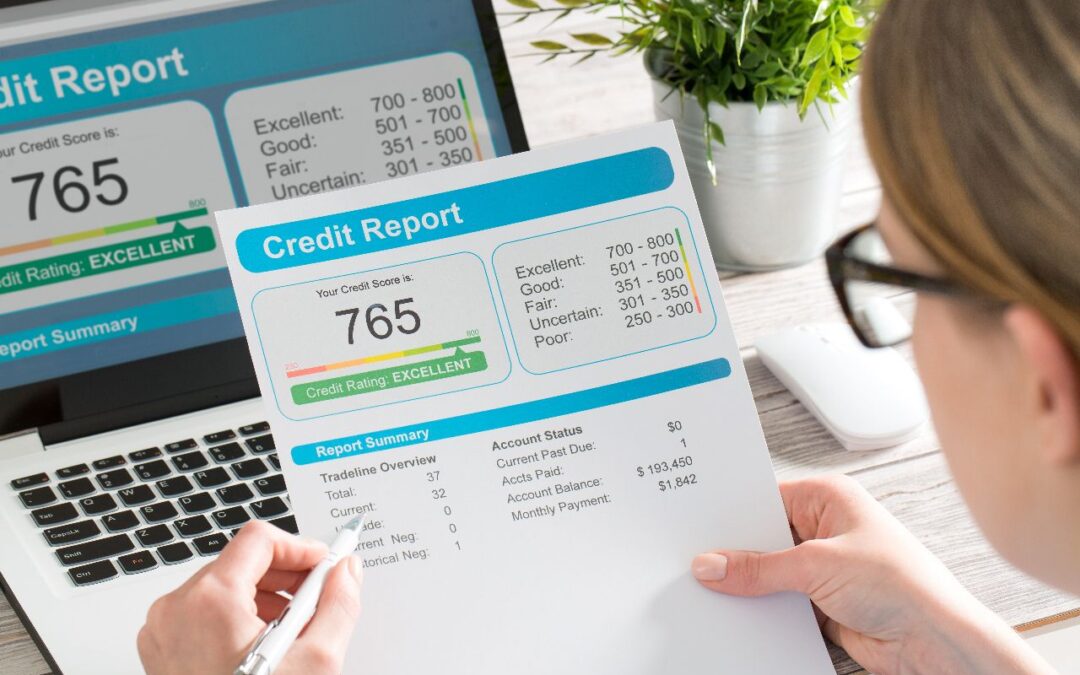In today’s world, a good credit history is essential to access various financial opportunities, from buying a home to obtaining loans or even the possibility of getting a job. If you’re looking to strengthen your credit score, here’s a comprehensive guide to the tools available and how tradelines can help you through this process.
What are tradelines?
A tradeline, also known as a line of credit, is any account you report to credit bureaus, such as Equifax, Experian, and TransUnion. These accounts may include:
Credit cards: A common tool for building credit, especially if used responsibly. Making timely payments and maintaining a low balance relative to your credit limit are key aspects of improving your score.
Student loans: If you have student loans, make sure you make your payments on time. Even minimum payments contribute positively to your credit history.
Mortgage loans: A mortgage loan can be an effective tool for building long-term credit, as long as you meet your payment obligations.
Utility bills: On-time payments for utilities such as electricity, water, or telephony can also be reported to the credit bureaus and contribute to your score.
Department store cards: These cards can be helpful in starting to build credit, but it’s important to use them sparingly and make payments on time.
Among the most well-known Tradelines we have today:
KIKOFF
AVA
SELF LENDER
KOVO
CRED.AI
Tools to build credit

There are several tools you can use to strengthen your credit history:
- Credit cards for credit building: Designed specifically for people with little or no credit history, these cards typically have lower credit limits and higher interest rates. However, responsible use will help you establish a positive history.
- Credit Building Loans: These loans are similar to credit building credit cards, but instead of receiving a card, you deposit an amount of money that is then loaned to you. As you make payments, your credit score improves.
- Secured savings accounts: This option allows you to open a savings account and deposit an amount of money that serves as collateral for a loan with a lower credit limit. As you make loan payments and keep funds in your savings account, your credit score improves.
- Additional user authorization: If you have a family member or friend with a good credit history, you can request to be added as an authorized user on their credit card. This will allow you to benefit from their positive track record and build your own score.
Additional Tips for Building Credit
- Apply for credit sparingly: Too many credit applications in a short period of time can negatively affect your score. Review your credit score regularly to identify any errors or issues that need to be fixed.
Pay your debts on time: Paying your debts on time is the most important factor in improving your credit score.
Use credit responsibly: Don’t spend more than you can afford and keep credit utilization low.
Conclusion
Building a good credit history takes time and effort, but the rewards are significant. By using the right tools and strategies, you can strengthen your credit score and access better financial opportunities in the future. Remember that the key is in the responsible use of credit and in maintaining good management of your finances.

Credit Repair Specialist Agent
@TurboCredit.Us

